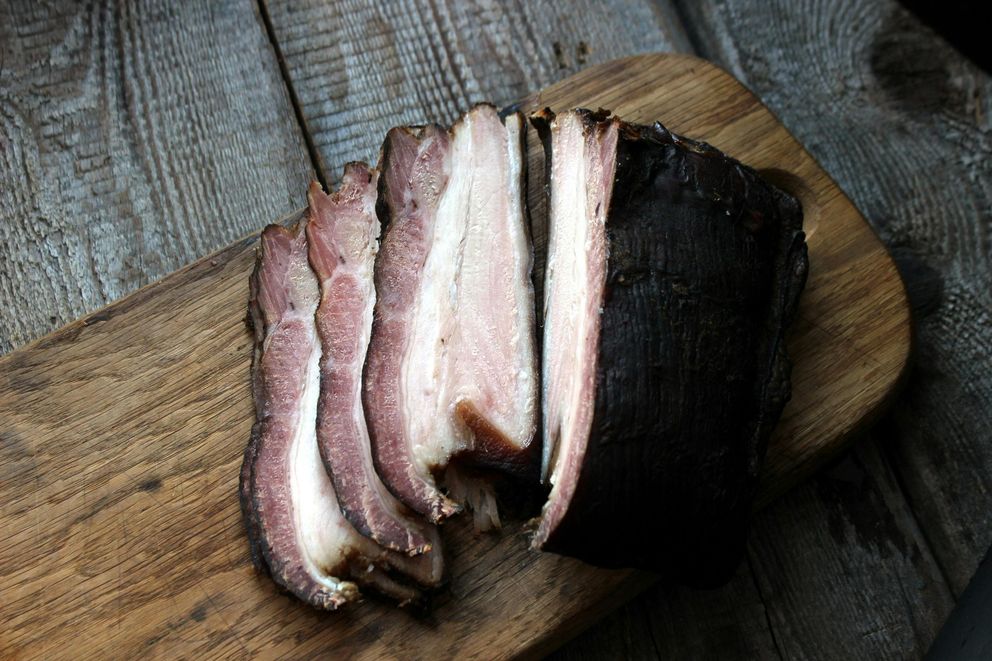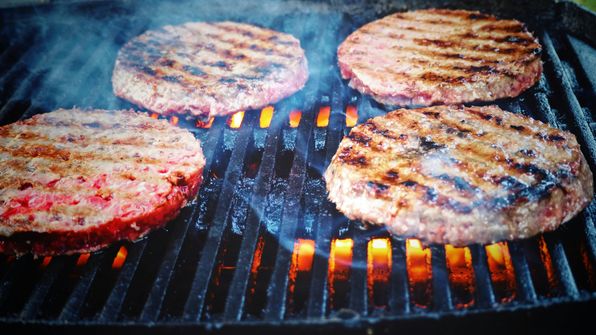
How Nutrition Supports ADHD Management in Women: Practical Tips for Focus and Well-Being
ADHD is influenced by a mix of genetic, environmental, and lifestyle factors, and while medication and therapy are common treatments, dietary choices ...

The carnivore diet, with its all-meat focus, is often touted for its simplicity and high protein and fat content. But for women, especially, it’s essential to ensure that they’re getting enough micronutrients—the vitamins and minerals our bodies need in smaller amounts but are crucial for everything from hormone balance to bone health.
This guide dives into which micronutrients are key on a carnivore diet and how women can ensure they’re meeting their nutritional needs.

Women have higher iron needs than men, especially those of reproductive age. Animal-based diets are often rich in heme iron (the form of iron found in meat, especially red meat) and vitamin B12, both of which are crucial for energy production, blood health, and even mood stability.
Eating foods like beef, liver, and lamb is one of the most effective ways to maintain iron and B12 levels. Red meat is a top source of heme iron, which is better absorbed than plant-based iron. Plus, liver is loaded with B12, helping to support red blood cell formation and prevent fatigue.
Example: Including a serving of liver once or twice a week can significantly support B12 and iron levels.
Research Insight: Studies published in Nutrients show that women who consume heme iron have a lower risk of anemia compared to those relying on non-heme sources.
While meat itself isn’t a rich source of calcium, it is important for women’s bone health and helps support muscle function and nerve health. Magnesium, found in smaller amounts in animal organs, also plays a significant role in sleep quality and stress management.
bone broth, made from simmering animal bones, is a good source of both calcium and magnesium. Sardines, with their soft bones, are another excellent carnivore-approved source of calcium.
Example: Adding a cup of bone broth to your daily diet or enjoying sardines once a week can help you meet calcium and magnesium needs naturally.
Research Insight: Research from BMJ indicates that women who prioritize calcium intake experience better bone density as they age, reducing the risk of osteoporosis.
vitamin A is crucial for vision health, immune function, and skin health—all areas women need to pay special attention to. The good news? Animal products contain retinol, a bioavailable form of vitamin A that the body absorbs easily.
Liver, again, is a powerhouse, containing more than enough retinol to meet your daily needs. Other sources include egg yolks and fatty fish like salmon.
Example: Incorporating just a small portion of liver (around 1-2 ounces) once a week can ensure adequate vitamin A intake, especially important for skin health and immune support.
Research Insight: According to Nutrients, vitamin A from animal sources (retinol) is more efficiently used by the body compared to plant-based sources, supporting essential functions like cellular regeneration and immune health.

zinc and selenium play critical roles in immune health, hormone production, and thyroid function. selenium is especially concentrated in animal products, with high levels found in beef and seafood, making the carnivore diet naturally rich in this nutrient.
Eating foods like oysters, mussels, and beef provides a generous dose of both zinc and selenium. Zinc, in particular, is essential for maintaining healthy skin and balanced hormones.
Example: Just a few servings of shellfish or red meat each week can provide these essential minerals, helping to keep your immune system robust and your thyroid functioning optimally.
Research Insight: A study from Nutrients shows that adequate zinc intake can help regulate hormones and support the reproductive system, highlighting its importance for women’s health.
Women benefit greatly from omega-3 fatty acids for heart health, brain function, and hormonal balance. While fatty fish is a rich source of omega-3s, these beneficial fats are less abundant in other carnivore diet staples.
Consider incorporating fatty fish like salmon, mackerel, or sardines to get these essential fats. If you’re not a fish fan, omega-3 supplements derived from fish oil can be an alternative.
Example: Enjoying fatty fish 2-3 times per week or taking a high-quality fish oil supplement can help meet your omega-3 needs.
Research Insight: Studies published in Tanaffos demonstrate that regular omega-3 intake supports heart health and reduces inflammation, crucial benefits for women on high-fat diets.
Q: What are the most important micronutrients for women on a carnivore diet?
A: Key micronutrients for women on the carnivore diet include iron, vitamin B12, calcium, magnesium, vitamin A, zinc, selenium, and omega-3 fatty acids. These nutrients are essential for hormonal balance, bone health, energy production, and overall vitality.
Q: How can I ensure I get enough calcium on a carnivore diet?
A: Calcium can be obtained from animal-based sources like bone broth, sardines with bones, and organ meats. Many women also include dairy products like cheese, although this depends on individual tolerance.
Q: Are there any risks of nutrient deficiencies on a carnivore diet?
A: While the carnivore diet provides many essential nutrients, there is potential for deficiencies in micronutrients such as vitamin C and folate if certain foods are not included. Some women on the carnivore diet may need to supplement these nutrients or make adjustments to meet their specific needs.
Q: Can I get enough omega-3 fatty acids without eating fish on a carnivore diet?
A: Omega-3 fatty acids are most abundant in fatty fish like salmon and mackerel. If fish isn’t included, omega-3 supplements, such as fish oil, can be an alternative to support heart health and reduce inflammation.
Q: Is liver essential on the carnivore diet to meet nutrient needs?
A: While not mandatory, liver is highly recommended due to its nutrient density, providing high amounts of vitamin A, iron, and B12, which are essential for women’s health. Including liver once or twice a week can significantly contribute to meeting these micronutrient needs.
The information provided in this article is for general informational purposes only and does not constitute medical or nutritional advice. Every individual has unique nutritional needs, and dietary changes, especially restrictive diets like the carnivore diet, may not be suitable for everyone. Women considering the carnivore diet should consult a healthcare provider or a registered dietitian to discuss any potential risks, monitor nutrient levels, and ensure they meet all micronutrient requirements for optimal health. This article does not replace personalized medical advice. Always seek professional guidance when making significant dietary changes.
While the carnivore diet naturally provides many essential nutrients, being mindful of micronutrients can ensure women thrive while embracing this lifestyle. Incorporating a variety of meats, fish, and organ meats, alongside specific sources of calcium and omega-3s, helps cover the nutritional bases.
Takeaway: A well-planned carnivore diet can meet women’s micronutrient needs, supporting everything from energy to immunity. Focusing on nutrient-dense foods like liver, shellfish, and fatty fish ensures you get the vitamins and minerals you need.
Embrace it: With the right approach, the carnivore diet can provide women with powerful nutritional support, enabling a balanced and vibrant lifestyle.

ADHD is influenced by a mix of genetic, environmental, and lifestyle factors, and while medication and therapy are common treatments, dietary choices ...

The carnivore diet is more than just an eating plan—it’s a full-body transformation strategy that can uniquely affect body composition, particularly w...

Emotional eating is a challenge many women face, often rooted in stress, boredom, or the desire for comfort. Turning to food for emotional relief can ...

Social gatherings often mean a spread of carb-heavy foods and tempting desserts that can make sticking to the carnivore diet feel tricky. But with a b...

The carnivore diet is often seen as straightforward: eat meat, keep it simple. But adapting it seasonally can bring freshness, variety, and local flav...